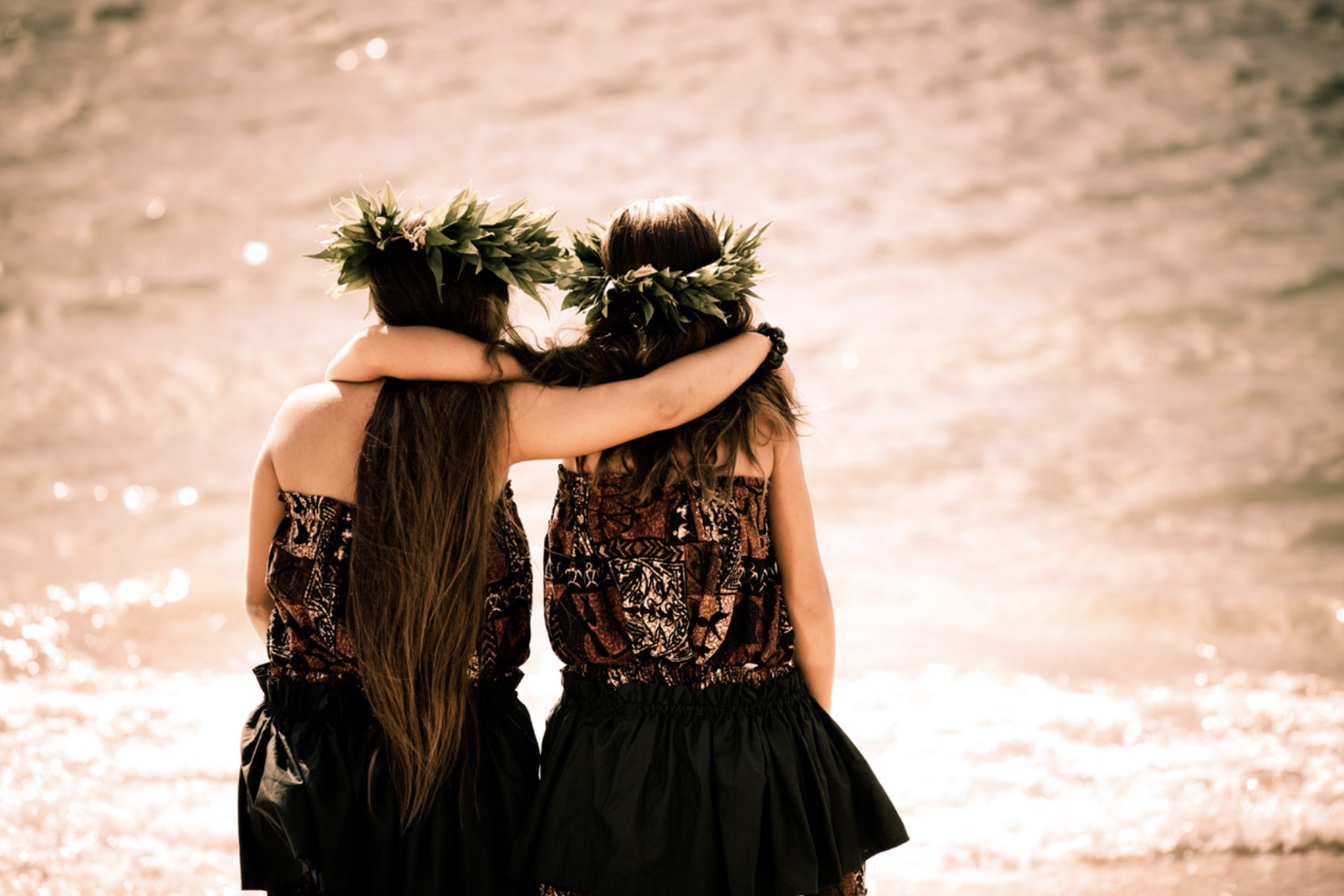Popular Hawaiian Terms and Phrases to Know for Travelers to Kauai
February was ‘Olelo Hawai‘i (the month of the Hawaiian language). Visitors often hear Hawaiian language terms on Kaua‘i, a language spoken for centuries, prior to the arrival of foreigners to the Islands. Today Hawaiian terms are commonly used by many locals. Native Hawaiians and those who are culturally aware have deep respect for this language, consisting of 7 consonants (h, k, l, m, n, p, w), 5 vowels (a, e, i, o, u) and three dipthongs, (ai, oi and au), pronounced as one sound. Vowel sounds are ah, ay, ee, o, oo). Dipthong sounds are aye, oye and ow). An okina (‘) is used in writing to indicate a separation of vowels. An excellent source of definition and meaning is found at https://wehewehe.org/, with translations from English to Hawaiian or vice versa.
Here are some terms to to know and enjoy using. If you’re not sure about how to say it, ask a local if you’re pronouncing it correctly — it’s a show of respect. Go here for more terms go to https://oleloonline.com/glossary-of-hawaiian-words-in-hawaiian-pidgin-english/
Aloha: Often used as hello or goodbye, though the essential meaning has it has deep significance among Native Hawaiians and locals who grasp the essence of the word. It’s also used to express love, kindness, respect, empathy, sharing, or an expression from the soul.
Mahalo, mahalo nui loa: Thank you, thank you very much.
Kama‘aina: Translated as “a person of the land,” this term means people who live on Kaua‘i or in Hawai‘i permanently.
Kanaka: A person with Native Hawaiian ancestry.
Malihini: Opposite of Kama‘aina, someone from another land, from outside the State.
Akamai: Common sense smart, locally correct in thought, and knowledgeable, not necessarily representing intelligence or academically smart.
Ohana: Family or extended family — those bound together who cooperate and think of each other.
‘Aina: The land, that which feeds us. There is great respect among Hawaiians for the ‘aina — for its sustenance, provision and impact upon natural balance.
Heiau: An ancient place of worship; a sacred place. Heiau locations are often marked with signage, and distinguished by evidence of ancient lava markers and platforms. Having a lot of respect when walking around heiau areas is important to Kauai’s locals.
Pau: Done, finished all wrapped up. A common phrase is “pau hana” meaning done with work and often used to symbolize informal gatherings after work to “talk story” and share food and drink.
No Ka ‘Oi: The best. Kaua‘i no ka oi.
A Hui Hou: Used when saying goodbye, until we meet again.
Mauka and Makai: Mauka is towards the interior mountains, Makai is towards the ocean. Directions are often given as “turn mauka or turn makai” from the highway; same with locations. “My place is on the makai (or mauka) side of the road.”
Kokua: To provide help, assistance, contribution.
Holoholo: Spending time having fun, typically with others on an excursion.
Kapu: Forbidden, don’t go there.
E Komo Mai: Welcome into a place such as a home or business.
Pupu: Appetizers or snacks. This term is both singular and plural.
Hana Hou: Often used at performances, it means appreciation, joy and encore.







